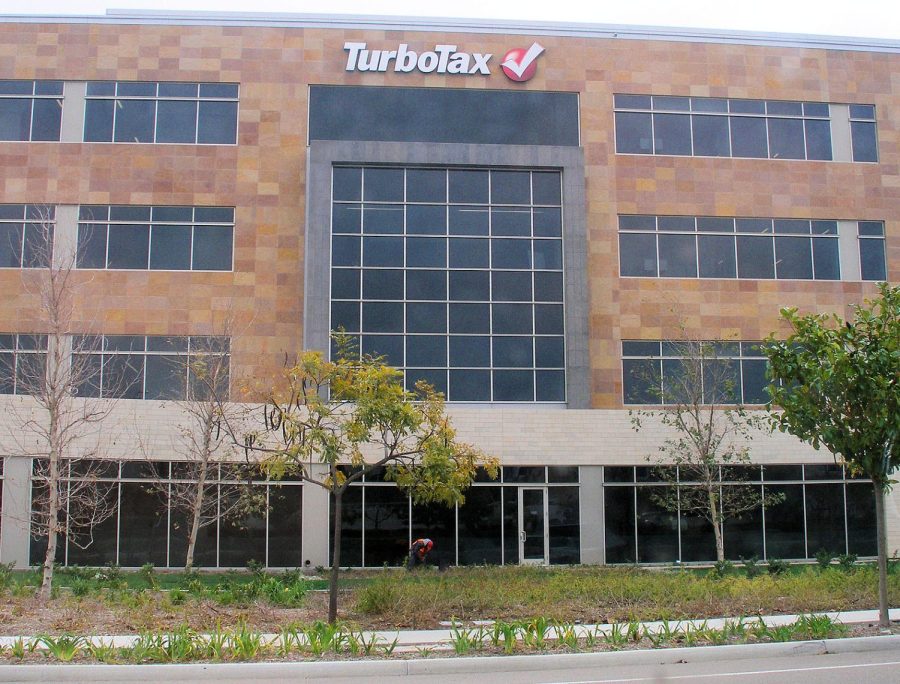TurboTax compensates users for misleading information
May 14, 2022
Tax-filing service TurboTax has agreed to pay $141 million in restitution to 4.4 million lowincome customers who were charged after using the “free” service to file their taxes from 2016 to 2018.
This settlement was a result of the 2019 ProPublica report, which brought to light that Intuit Inc., the parent company of TurboTax, purposely lured lower-income consumers away from other tax services that were available for free through federal support in order to profit off them.
The Internal Revenue Services announced that those making an income below $34,000 or are active duty military members with income below $72,000 can file for free, with all 50 states being a party to the agreement.
TurboTax extensively marketed a “free” version called “TurboTax Free Edition.” However, the fine print is that it is only free for those with simple returns.
Those without simple returns must upgrade to a paid version, though they are eligible for free filing with the IRS. This IRS free filing is available to 70% of the American taxpayers, compared to TurboTax covering only one-third of taxpayers.
The customers are expected to receive returns of $30 for each year, making the maximum one can receive for the three years $90. The returns will be received via mail within the next few months.
Eligibility is determined whether one filed between the years 2016 and 2018 and if one was charged for the no-cost edition by the IRS but had to pay for the TurboTax’s free edition.
However, this was not good news for the customers, since the refund is barely half of what one person would pay for the cheapest, paid TurboTax plan, which is priced at $59 a year.
Based on a company statement, Intuit admitted no wrongdoings and stated this case will minimally impact the business.
This statement doesn’t help this case much and in fact, worsens it, as the company didn’t acknowledge the issue, even after losing the case.
Sentiments of such echoed across the board.
“Intuit is clear and fair with its customers, including with the nearly 100 million Americans who filed their taxes free of charge with our products over the last 8 years — more than all other tax prep software companies combined,” Kerry McLean, Intuit’s executive vice president and general counsel, said in a press release.
This wouldn’t have been problematic if the company had grounds on which it can stand that would show it didn’t purposely do this.
This is seen in the 2018 tax year, when Intuit hid the landing page for its IRS Free File Program from search engines for about five months during the peak of tax season.
Additionally, ProPublica reported it had uncovered internal documents that showed Intuit knew it was misleading customers to assume they would not have to pay for certain services.
As a result, it was announced by New York State Attorney General Letitia James that TurboTax is going to reform its business practices, like the “free, free, free” tax filing campaign that deceives customers into thinking they can file their taxes for free.
The changes TurboTax agreed to bring about after this incident is a better system. It will allow customers to file taxes for free and refrain from asking customers to restart the process of their filings if they choose to switch from the paid to the free version, as this would deter many from switching.
The Federal Trade Commission has also filed a similar case against Intuit, which the company labeled as entirely unnecessary as the current lawsuit addressed many of these allegations.








